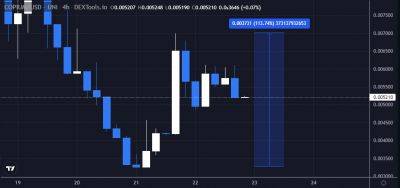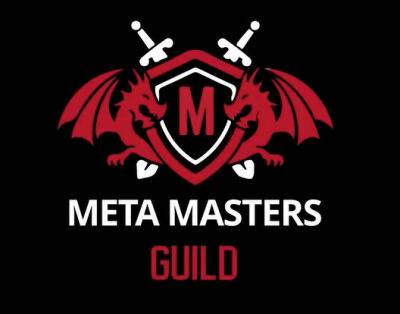What are some ways to avoid IP infringements in the NFT space?
While nonfungible tokens (NFTs) have been gaining traction since the start of the year, the hype element is now fading away. More digital artists and creators worldwide are using NFTs to monetize their work with minimal investment, transforming the digital art space. Nevertheless, the blurred lines between artistic expression, plagiarism and trademark infringement have caused legal challenges, as regulations around cryptocurrencies and digital collectibles aren’t cast in stone yet.
For example, the Hermes vs. Rothschild lawsuit addressed critical questions about trademark infringement and NFTs. In this case, the popular French luxury design house Hermes sued 28-year-old creator Mason Rothschild over his MetaBirkins collection, which included 100 NFTs featuring digital, fur-covered bags resembling Hermes’ iconic Birkin range. On Feb. 8, 2023, a nine-member jury reached a verdict in Hermes’ favor. The court found Rothschild liable for trademark infringement, trademark dilution and “cybersquatting,” awarding the company $133,000 in damages.
This legal battle underscored the importance of digital artists and big brands drawing clear lines between their work and trademarks to prevent a negative impact on both parties — at least until regulations are clarified. For users, explicit rules are of great importance, as they can prevent them from investing in scams and forgeries.
In a potentially similar instance of IP infringement, NFT analytics firm bitsCrunch discovered that the popular NFT collection Coodles appears to incorporate the McDonald’s logo within an attribute labeled “McCoodles.” This particular attribute showcases the McDonald’s logo on hoodies in the collection. Out of 8,884 NFTs in the series, 434 of them feature the
Read more on cointelegraph.com















